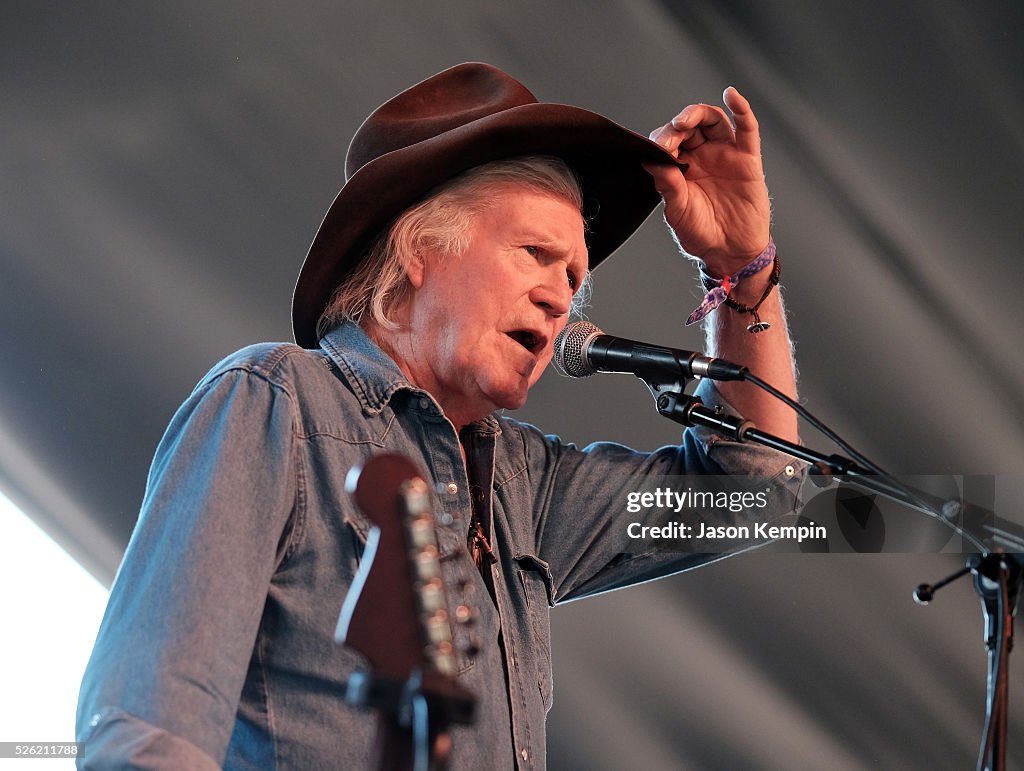
A Raw and Startling Confession of Rock Bottom, Drugs, and Resurrected Hope.
The music of Billy Joe Shaver is the genuine, unvarnished article—a kind of sonic poetry written in blood, sweat, and cheap whiskey. If the man himself was the living embodiment of the “Outlaw Country” spirit, then his song, “Ragged Old Truck,” is perhaps the most painfully honest chapter in his autobiography, a stark, visceral recounting of a life brought to its knees. Released on his 1981 album, I’m Just an Old Chunk of Coal (But I’m Gonna Be a Diamond Someday), a pivotal record in his catalog, the song did not ascend to the heights of the Billboard country singles chart. Shaver was, for the most part, a songwriter’s songwriter, a man whose profound influence was felt through the hits others had with his material—most notably, Waylon Jennings’s landmark 1973 album, Honky Tonk Heroes, which was almost entirely composed of Shaver‘s songs. While his own records were critical darlings, they rarely became commercial chart-toppers. The power of “Ragged Old Truck” lies not in its chart performance, but in its absolute, brutal truthfulness.
The story behind this track is the stuff of country music legend, a cautionary tale that somehow ends with a defiant shout of survival. In the late 1970s, Shaver had hit a particularly rough patch. He had spent all his money on a new truck—an act of ill-advised extravagance—which subsequently broke down. This financial foolishness was the last straw for his wife, Brenda, whom he had married and divorced several times, prompting her to leave him yet again and return to Waco. Alone, broke, and heartbroken in his broken-down truck, Shaver was in despair, considering taking his own life. Instead of driving home, however, he drove into town and, in a moment of utter desperation and recklessness, ingested a sheet of LSD.
What followed was a lost couple of days spent in a psychedelic, drunken haze—a deep dive into the abyss. When he finally returned to reality and made it back home, the experience had somehow cleared the slate. The overwhelming pain was still there, but so was a stunning clarity. He sat down and poured the whole harrowing experience—the despair, the truck, the wife leaving, the wild trip, and the realization that he still had a reason to live—into the song “Ragged Old Truck.” Shaver himself said that when he finished writing it, he knew it was one of the best things he had ever written.
The meaning of the song transcends a simple narrative. It is a profound meditation on hitting rock bottom, the fragility of the human spirit, and the inexplicable way that grace or inspiration can find you in the middle of a self-inflicted disaster. The “ragged old truck” becomes a metaphor for Shaver himself: beat-up, unreliable, worn down by life’s hard mileage, yet still able to eventually sputter and start, carrying him away from ruin. It’s a message of resilience, not through polished triumph, but through sheer, grit-filled survival. For older listeners who have lived through their own wreckage—be it of the heart, the pocketbook, or the spirit—the song offers a powerful, tear-in-your-beer kind of catharsis. It’s a testament to the fact that even when the engine of your life stalls, you can still roll your windows down, take a deep breath, and somehow, find the road again. This song is pure, undiluted Billy Joe Shaver, a masterpiece of pain turned into poetry.